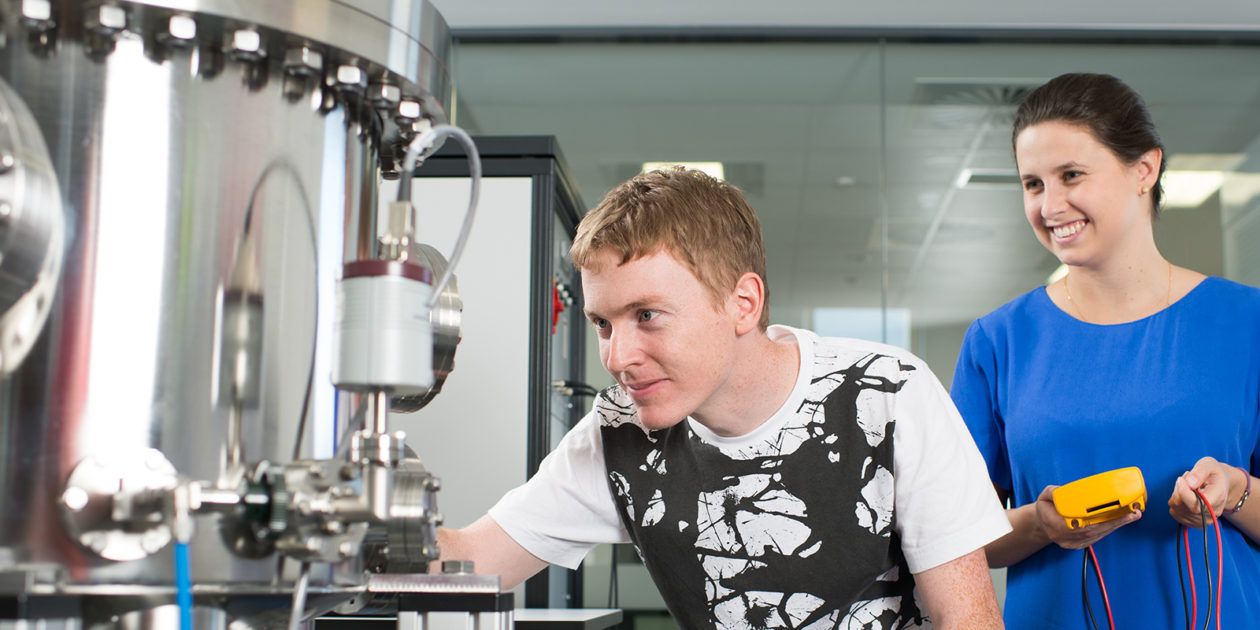Overview
Overview
The student will gain insights into the field of energy conversion technologies with a broad understanding of the various challenges and appropriate pathways for managing industry’s transition to renewable energy sources. It covers the fundamentals and applications of natural gas processing, heat and electrochemical energy storage and conversion. Energy conversion implies a hierarchy of processes by which energy is transferred from one form to another, with increasing levels of complexity and reducing efficiency of the raw energy use. Typically, the hierarchy has the following levels:
1. Main energy sources: These include nuclear energy, solar energy, wind energy, hydropower, and geothermal energy. Fossil fuels (coal, oil, and natural gas) are also included in this category.
2. Energy carriers are the intermediary forms of energy that are simple to move around and can be utilised to power a variety of systems and equipment. Electrical energy, hydrogen, and liquid biofuels are a few examples of energy transporters.
3. End-use applications: These are the last uses for energy, where it is put to use to carry out useful tasks like running industrial processes, powering transport and heating air conditioning and ventilation.
What you'll learn
- Demonstrate a conceptual understanding of fundamental science, mathematics, data analytics, information science, sustainability principles and/or computing, GC1
- Solve energy conversion engineering problems of industrial and societal significance via innovative and creative design or research, working individually or in teams, GC2
- Select and use current and emerging technologies to develop and communicate effective and innovative chemical engineering solutions to complex problems, GC3
